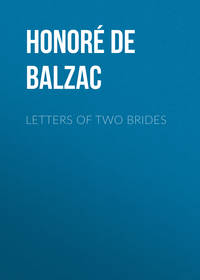Kitabı oku: «Letters of Two Brides», sayfa 10
Bir şeyler ters gitti, lütfen daha sonra tekrar deneyin
Türler ve etiketler
Yaş sınırı:
12+Litres'teki yayın tarihi:
11 ağustos 2017Hacim:
290 s. 1 illüstrasyonTercüman:
Telif hakkı:
Public Domain